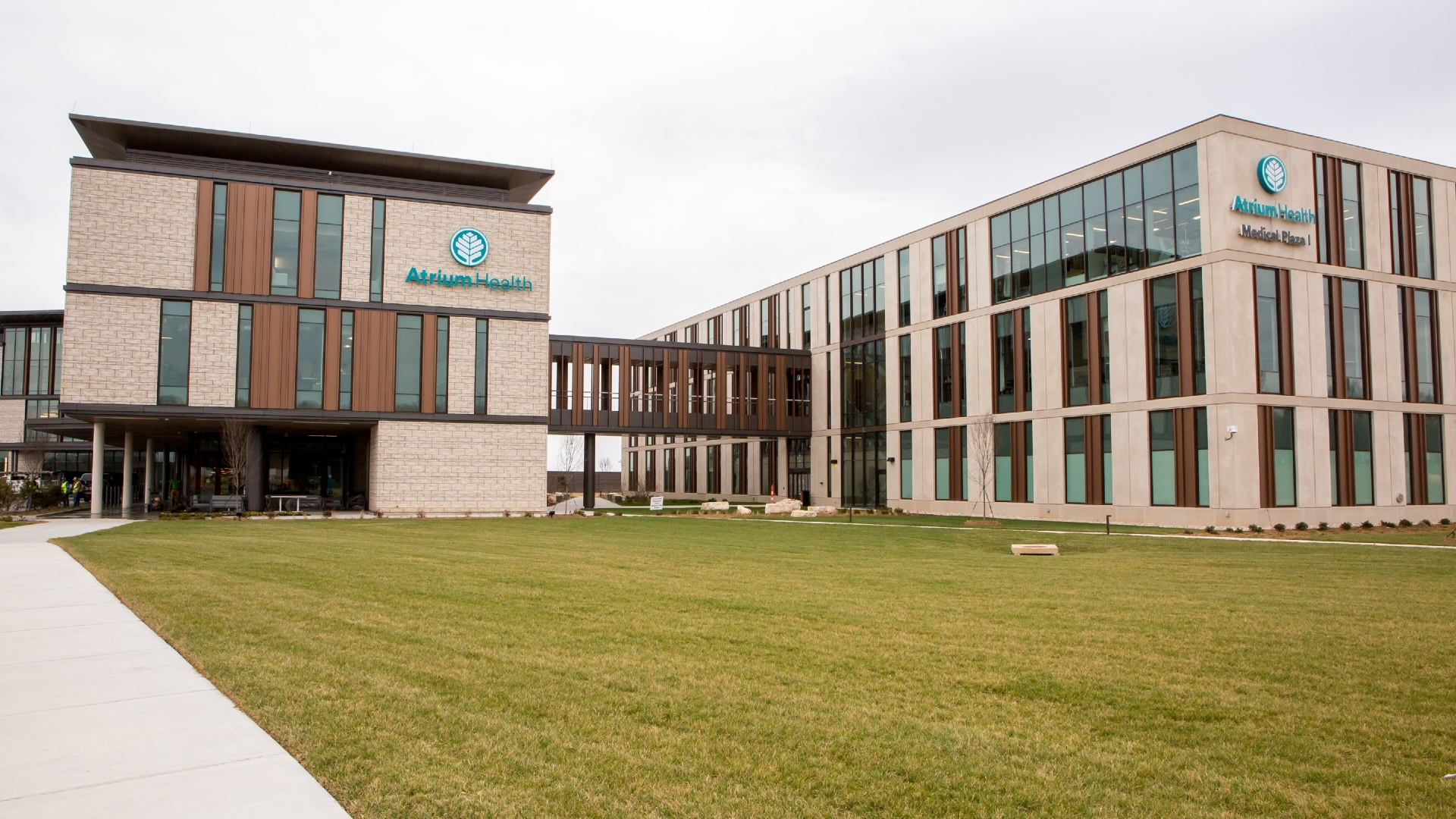In the tapestry of human progress, one thread stands out vividly – Information Technology (IT). From the abacus to quantum computing, IT has traversed an extraordinary journey, continually redefining how we interact, communicate, and innovate. In this article, we delve into the essence of Information Technology, exploring its evolution, impact, and future prospects.
Evolution of Information Technology:
The roots of Information Technology can be traced back to ancient civilizations where ingenious tools were crafted for computation and record-keeping. Fast forward to the 20th century, the invention of the transistor, integrated circuits, and microprocessors laid the foundation for the digital revolution. With the advent of personal computers and the internet, IT witnessed an unprecedented surge, democratizing access to information and catalyzing global connectivity.
Pillars of Information Technology:
Information Technology encompasses a myriad of disciplines, each contributing to its multifaceted landscape:
- Computer Science: The cornerstone of IT, computer science deals with algorithms, programming languages, and software development, enabling the creation of applications and systems that power our digital world.
- Networking: Facilitating seamless communication and data exchange, networking technologies form the backbone of the internet, connecting devices and users across the globe.
- Data Science: In the era of big data, data science harnesses the power of analytics and machine learning to derive insights, drive decision-making, and unlock new opportunities for innovation.
- Cybersecurity: With the proliferation of cyber threats, cybersecurity plays a pivotal role in safeguarding digital assets, infrastructure, and privacy, ensuring the integrity and trustworthiness of IT systems.
- Artificial Intelligence: Advancements in AI and machine learning are revolutionizing industries, automating processes, enhancing efficiency, and paving the way for intelligent systems capable of autonomous decision-making.
Impact of Information Technology:
The impact of Information Technology permeates every facet of contemporary society, reshaping industries, economies, and lifestyles:
- Digital Transformation: Organizations across sectors are undergoing digital transformation, leveraging IT to streamline operations, enhance customer experiences, and stay competitive in a rapidly evolving landscape.
- Global Connectivity: The internet has transcended geographical boundaries, fostering global connectivity and enabling instant communication, collaboration, and knowledge sharing on an unprecedented scale.
- E-commerce: Online platforms have revolutionized the way we shop, enabling consumers to browse, purchase, and receive goods and services with unprecedented convenience, while empowering businesses to reach new markets and customers.
- Healthcare: Information Technology has revolutionized healthcare delivery, facilitating electronic medical records, telemedicine, and predictive analytics, thereby improving patient outcomes and driving medical innovation.
- Education: IT has democratized education, offering online learning platforms, digital resources, and collaborative tools that transcend traditional barriers to learning, making knowledge accessible to all.
Future Directions:
As we stand on the cusp of a new era, the trajectory of Information Technology points towards exciting possibilities:
- Emerging Technologies: Innovations such as quantum computing, blockchain, and the Internet of Things (IoT) hold the promise of unlocking new frontiers in computing, communication, and connectivity.
- Ethical Considerations: As IT continues to wield immense influence, ethical considerations surrounding data privacy, algorithmic bias, and digital rights are gaining prominence, necessitating responsible innovation and governance frameworks https://www.downtownbystarck.com/.
- Sustainability: With concerns over energy consumption and environmental impact, there is a growing emphasis on developing sustainable IT solutions, leveraging renewable energy sources and optimizing resource utilization.
- Inclusive Growth: Bridging the digital divide and ensuring equitable access to IT resources remains a pressing challenge, requiring concerted efforts to empower marginalized communities and bridge socioeconomic disparities.
In conclusion, Information Technology stands as a testament to human ingenuity and innovation, propelling us into an era of unprecedented connectivity, collaboration, and possibility. As we navigate the complexities of the digital age, it is imperative to harness the power of IT responsibly, leveraging its transformative potential to build a more inclusive, sustainable, and prosperous future for all.







